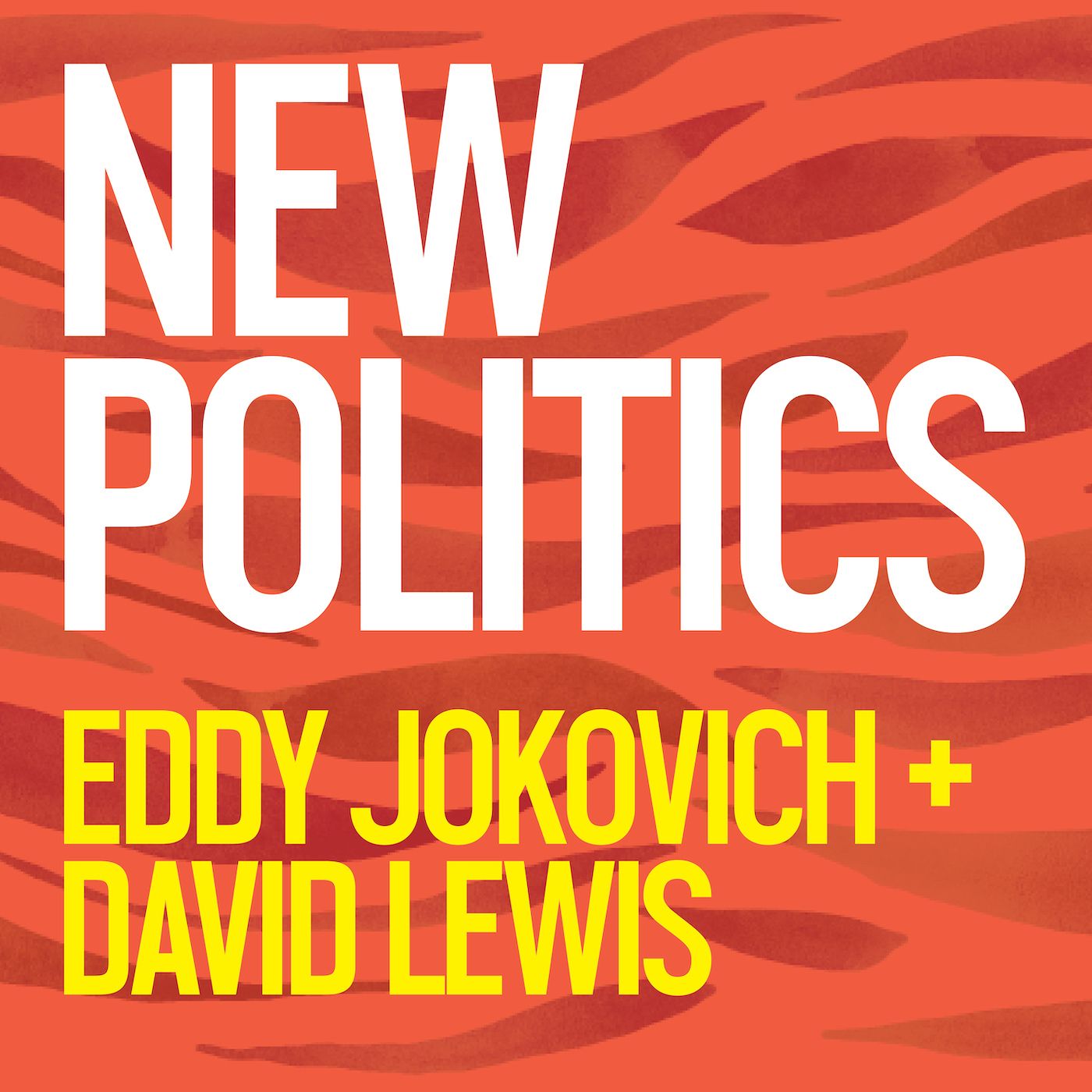The Dutton corruption files, a wellbeing Budget, and we need a super profit tax now
Description
Join us for an engaging and insightful episode of New Politics as we delve into some of the most pressing political and economic issues facing Australia today.
In the spotlight is Peter Dutton, the leader of the Liberal Party, who finds himself entangled in a web of questions surrounding his knowledge of contracts for offshore processing services in Nauru, made with a businessman who was convicted of corruption and bribery. We’ll trace back to Dutton’s time as Minister for Home Affairs – it’s alleged the Australian Federal Police briefed him about an investigation into the businessman’s possible corruption yet, despite this knowledge, the Department of Home Affairs proceeded to enter into contracts with the businessman’s company, Radiance International. We look at the implications of this controversial decision and why Peter Dutton needs to address these very concerning events.
We also analyse Treasurer Jim Chalmers’ announcement of the first-ever wellbeing budget. Termed the Measuring What Matters national wellbeing framework, this budget promises a new perspective on economic decisions. We’ll explore how this budget links national finances to the social wellbeing of the community, challenging the conventional focus on abstract concepts like a budget surplus or deficit. However, not everyone is on board with this innovative approach, as critics, including the usual suspects News Corporation and Sky News, seek to discredit the wellbeing budget. Discover why this framework has received both praise and skepticism from different quarters of society.
The CFMEU has put forward a bold proposal to fund public and affordable housing through a tax on corporate super profits. Zach Smith, the secretary of the CFMEU, unveiled this campaign at the National Press Club, outlining how a permanent 40% tax on excess profits could generate a substantial $29 billion annually. This significant revenue could then be used to build 53,000 new homes each year, contributing to addressing the estimated shortfall of 750,000 homes by 2041. We’ll contrast this with the Labor government’s housing proposal, which pales in comparison and has been met with criticism for its lack of ambition. We also examine the history of the resource super profit tax and why it failed to achieve its potential in the past.
Of course, there’s political implications and opposition surrounding the super profit tax proposal, and we look at Bill Shorten’s stance against considering a super profit tax and the potential media and Coalition backlash – there are merits and drawbacks of such a tax but it could be a game-changer for funding various public projects.
More Episodes
In this week’s episode of News Politics, we look at the latest escalation in the climate wars – the latest chapter has the Coalition turning up the heat by announcing seven proposed locations for nuclear power stations. As we’ve suggested before, these projects will never be built but provide...
Published 06/21/24
In this episode of New Politics, we explore the troubling decision by the National Anti-Corruption Commission to not pursue investigations against six public officials previously involved with the Coalition government’s Robodebt scheme. Despite significant public and political expectations...
Published 06/14/24
Published 06/14/24


